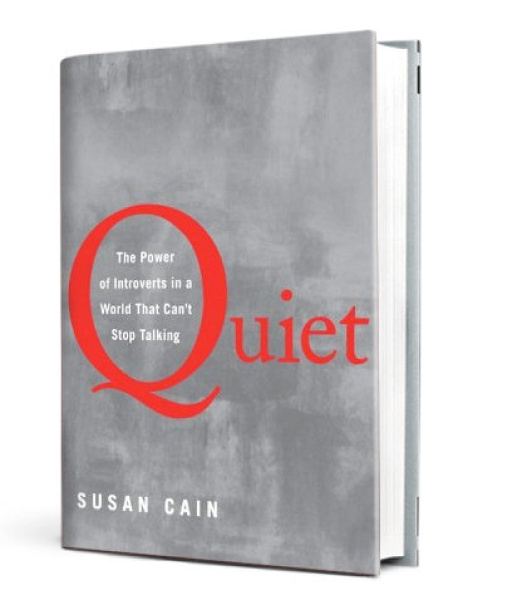“How do you even get out of the door in the morning?”
As I return from maternity leave for the fourth time in six years I hear that question, a lot. I asked myself that very question six years ago as I was coming back for the first time. I remember being very overwhelmed and frequently forgetting the things I needed for the day. Important things like my lunch or parts to my breast pump. I was lucky at that time because I had home childcare and I didn’t have to take my daughter anywhere.
Fast forward six years and now I have to get myself out the door along with three of the four kids. Fortunately I have gotten better at it. The only way I’ve been able to do that is by being super organized and having a plan.
A few things I have found helpful:
- If you’re a nursing mom and going to be pumping at work, invest in a second set of flanges and extra bottles to keep at the office. And if you’re able to swing it, get a second pump. Not having to remember the equipment everyday makes it a lot easier to get everybody & everything out to the car.
- Pack your lunch for the week. On Monday I bring stuff to make my breakfast & lunch for the entire week. Also bring some healthy snacks.
- Keep an extra change of clothes and shoes in your car. You never know what may happen between the door & the office when kids are involved. It helps to know if someone has an accident and it involves your work clothes, you don’t have to go all the way back home to change.
- Get everything ready for the kids the night before. We have a kid’s corner where coats, shoes and backpacks are kept. The backpacks are cleared out and refilled in the evening. The coats and shoes are kept together. Nothing runs you behind like searching for a missing shoe.
- Have a list of everything you need for the day hanging on the door you exit. Do a final quick check before you head out the door.
There will be days where things don’t run smoothly. Someone will spill breakfast on their outfit; there will be a missing shoe or nap time animal. Accepting that things don’t always run smoothly makes it less of a tragedy when it does happen. Take a deep breath, and remind yourself it will get easier.








